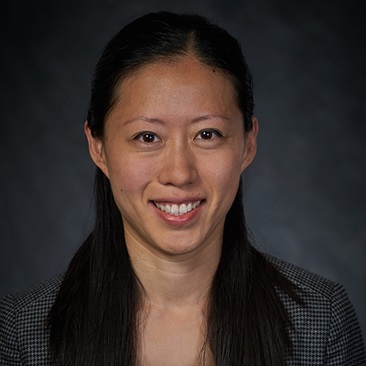Johannes Himmelreich Receives National Endowment for the Humanities Grant
September 13, 2023
The funding will support his research on ethical dilemmas in data science, culminating in a co-authored book manuscript.
Johannes Himmelreich, assistant professor of public administration and international affairs, has received a $73,670 grant from the National Endowment for the Humanities (NEH) for a forthcoming two-year project titled “Good Decisions: Data Science as a Moral Practice.”
Drawing from concepts in philosophy, the project will examine inherent ethical dilemmas in the practice of data science and each stage of the data cycle. Specifically, the project analyzes how techniques that extract value from data relate to theories of justice, hidden assumptions in data analysis, and the plural range of values in society. How researchers in management, statistics or computer science collect, clean, analyze and communicate data, Himmelreich argues, are of social, philosophical and civic concern. Himmelreich plans to produce a book manuscript co-authored with Sebastian Köhler, associate professor of philosophy in the Philosophy and Law Department at the Frankfurt School of Finance & Management.
Funding is provided through the Dangers and Opportunities of Technology: Perspectives from the Humanities program at the NEH. The program is part of a special initiative called “American Tapestry: Weaving Together Past, Present, and Future” that supports humanities research that advances democracy, equity and solutions to climate change.
In 2022, Himmelreich received funding to study values in public sector data science through the Appleby-Mosher Fund for Faculty Research at Syracuse University. The fund provides grants each year to Maxwell faculty for research expenses.
Himmelreich is a senior research associate in the Autonomous Systems Policy Institute and Campbell Public Affairs Institute. His broader work explores the relationship between data, technology, artificial intelligence and autonomous systems—such as drones, self-driving cars or machine learning—and questions of ethics, agency, governance and moral responsibility. He received a Ph.D. from the London School of Economics in 2016.
By Mike Kelly
Published in the Fall 2023 issue of the Maxwell Perspective
Related News
School News

Jun 12, 2024
School News

Jun 10, 2024
School News

May 15, 2024

